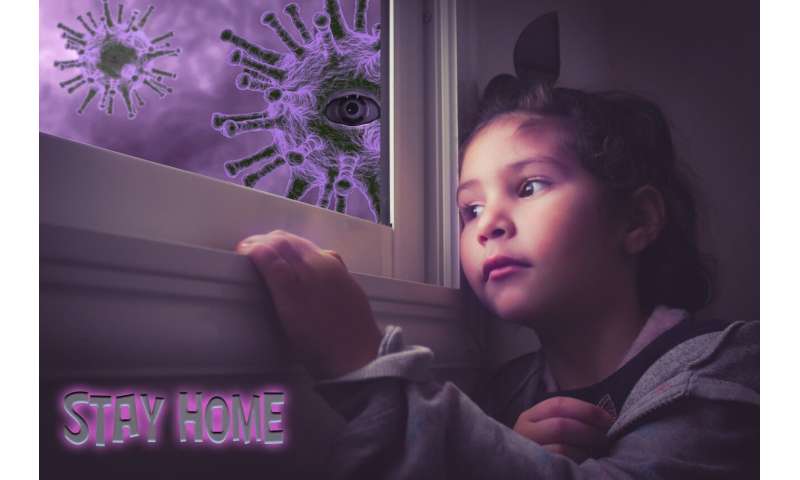
The news coverage on COVID-19 is pervasive, persistent, and in my view as a professor of psychiatry, perilous. Sometimes it seems as though the pandemic is all we talk about.
As difficult as this experience is, it’s easier for educated adults than it is for children. We adults look through a lens of life experience; our perspective helps get us through. Less clear is how “all-COVID-all-the-time” impacts children who take it in without that perspective. The issue is particularly important to consider as many kids prepare to go back to school and others get ready to learn online.
When children discern that adults around them don’t fully understand something—or, in the case of COVID-19, that we can’t completely guarantee their safety—they might feel a sense of helplessness. Insecurity and fear will rule. A child may begin to believe the world is a dangerous place, and that the only way to survive is to be defensive, or worse, aggressive.
As children go through this crisis, they don’t have to be afraid. But as parents, we must lead the way. We must teach them to embrace the power all of us have—and then use it to make choices that create better outcomes.
As a practicing psychiatrist and a professor of psychiatry at the University of Southern California, I can tell you this is possible, even during a pandemic. As parents, teachers and citizens, it is our responsibility to provide children with context, limit catastrophizing and emphasize responsibility and control.
The four skills your child needs
Here are four skills you can start teaching your child today:
Teach humility and trust
Years of training are required to understand how viruses form, mutate and spread. Decades of work are essential to obtain a deep understanding of disease mechanisms and how therapies work.
But only humility and trust are needed to accept that doctors and scientists, with those decades of training, are collectively working to solve the problem. If it takes time, it only means the problem is difficult and won’t be worked out in a few days or weeks or even months. Tell your children that some things are not a quick fix, and that’s okay.
Source: Read Full Article